What are psychosocial hazards?
Psychosocial hazards are hazards that can cause psychological (i.e., mental) and physical harm. Psychological harm may include anxiety or depression, while physical harm may involve musculoskeletal or fatigue related injuries. Common psychosocial hazards include:
- job demands
- low job control
- poor support
- lack of role clarity
- poor organisational change management
- inadequate reward and recognition
- poor organisational justice
- traumatic events or material
- remote or isolated work
- poor physical environment
- violence and aggression
- bullying
- harassment, including sexual harassment, and
- conflict or poor workplace relationships and interactions
Interaction of psychosocial hazards
Psychosocial hazards may interact or combine to create new, changed or higher risks. It is important to consider all the above psychosocial hazards workers may be exposed to when managing psychosocial risks.
Some hazards may not create psychosocial risks on their own but may do so if combined with other hazards. Other hazards may only create risks on their own when severe.
Impacts of psychological injury
On average, work-related psychological injuries have longer recovery times, higher costs, and require more time away from work.
Managing psychosocial hazards
PCBUs must eliminate psychosocial risks, or if that is not reasonably practicable, minimise them so far as is reasonably practicable.
PCBUs must work together with workers and their health and safety representatives (if they have them), by consulting with them throughout the risk management process, and ensuring so far as is reasonably practicable, workers and other persons are not exposed to risks to their health and safety.
To help you comply with your WHS duties, download the model Code of Practice: Managing psychosocial hazards at work.
Resources
- Mental health | Safe Work Australia
- Model Code of Practice: Managing psychosocial hazards at work
- Managing psychosocial hazards at work - infographic
- What psychosocial hazards sound like
- Preventing workplace sexual harassment guide
- Preventing workplace sexual harassment – guidance for small business
- Workplace sexual harassment – advice for workers
- Preventing workplace violence and aggression guide
- Workplace violence and aggression – advice for workers
- Family and domestic violence at the workplace – information sheet
This October we will focus on a different health and safety area for each week of National Safe Work Month.
Stay updated
To keep updated about National Safe Work Month, follow us on social media and subscribe to our mailing list. When subscribing, be sure to check ‘National Safe Work Month’.
Subscribe | Facebook | LinkedIn | YouTube | SoundCloud | #safeworkmonth

